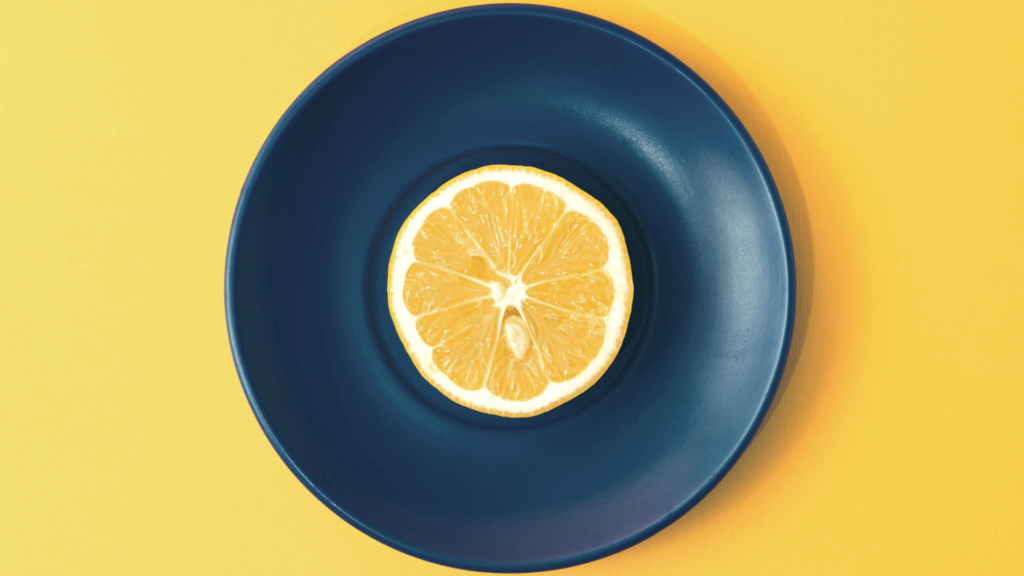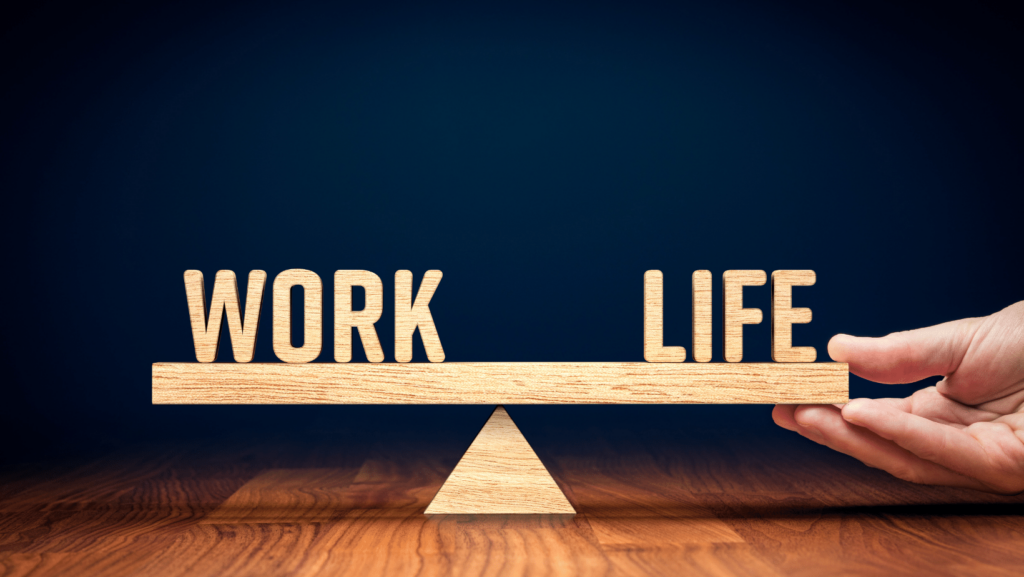What’s On Your Plate? Setting Boundaries

What is on your plate? Is your plate small, organized, and calculates perfectly on my fitness pal? Is it overflowing and messy with lots of different metaphorical foods? Are they healthy and nourishing or junky and inflammatory? Or is it somewhere in between?Why are these items are on your plate and how did they get there? What have you added, pushed to the side, or eliminated? Have you said no to an extra helping realizing you couldn’t take one more bite? Or did you load it on adding weight to the heaviness you already feel? We often struggle with recognizing ourselves as being enough, and so, in order to create a sense of value, we pile our plates high. The thing is, we all have…







